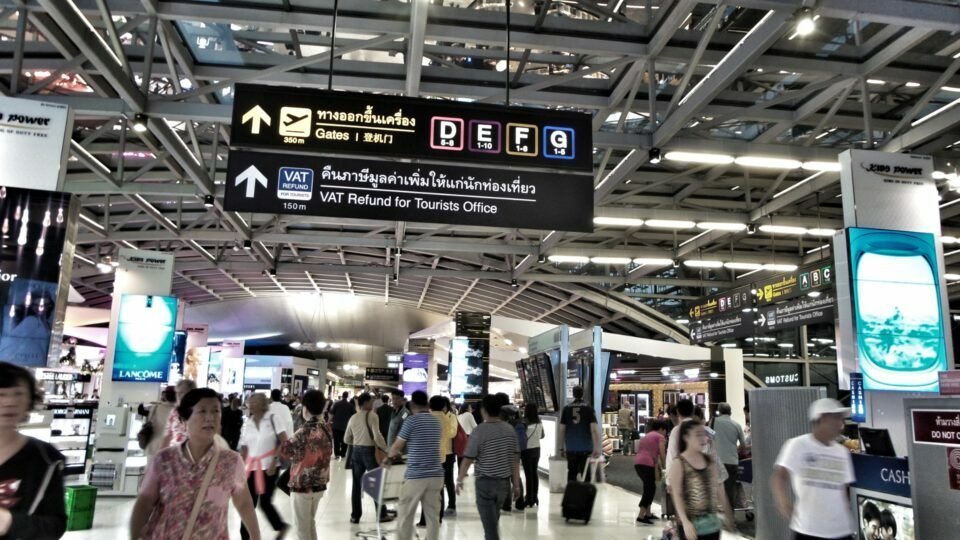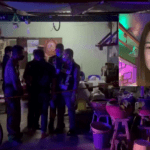Foreign tourists are likely to have more insurance options to cover hospitel and hotel isolation expenses in Thailand as the government is trying to solve the problem of Covid-infected tourists refusing to pay for medication or running away from hotels.
Yuthasak Supasorn, Tourism Authority of Thailand governor, said the government is discussing with the Office of the Insurance Commission (OIC) offering Covid-19 insurance options for vaccinated tourists whose travel insurance does not cover medical expenditure for hospitels or hotel isolation for mild asymptomatic cases.
A new ruling from the Centre for Covid-19 Situation Administration (CCSA) last week stipulated that if a tourist’s insurance doesn’t cover all medical expenses for Covid-19 infection, they are responsible for such expenditure themselves.
Mr Yuthasak said this means both hotels who let guests slip through the monitoring process and guests who refuse to pay their medical expenses will face legal action.
The CCSA subcommittee still needs to discuss in detail insurance options and punishment.
In principle, insurance premiums might start from 800 baht per person to cover the hotel isolation cost, which starts from 30,000 baht, he said.
“We previously sought cooperation from hotels to look after guests during the health screening process. The new rule mandates strict compliance with health measures. Hotels cannot be careless about the process or they risk being delisted from Thailand Pass registration, rendering them unable to welcome any inbound guests,” said Mr Yuthasak.
During the past few months of the Test & Go scheme, there were several reports about infected tourists who went missing from hotels.
Some hotel guests refused to be taken to hospitals because they were worried about expenses, said Marisa Sukosol Nunbhakdi, president of the Thai Hotels Association (THA).
According to reports from hotels, the main problems were insufficient hospital beds and high medical expenditure at hospitals.
Some tourists were also worried their insurance claims might be rejected because their policies don’t cover medical treatment in hospitels or hotel isolation, though these have become popular options for asymptomatic patients in Thailand.
“Insurance options will help cover expenditure in case tourists become infected with Covid-19 or have high-risk contact that requires isolation,” she said.
With hotel operations during the pandemic so challenging because of higher costs associated with hiring more staff for extra health checks at their properties, THA disagrees with punishments for hotels in the new CCSA ruling.
This rule will hurt small operators that have tight operational budgets and cannot afford to increase manpower immediately, unlike larger hoteliers, said Mrs Marisa.





